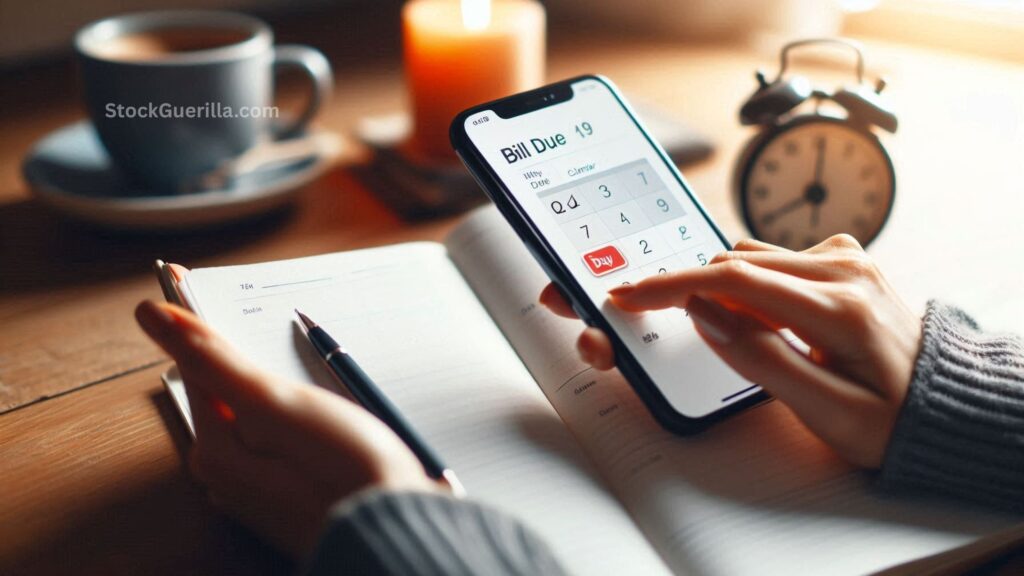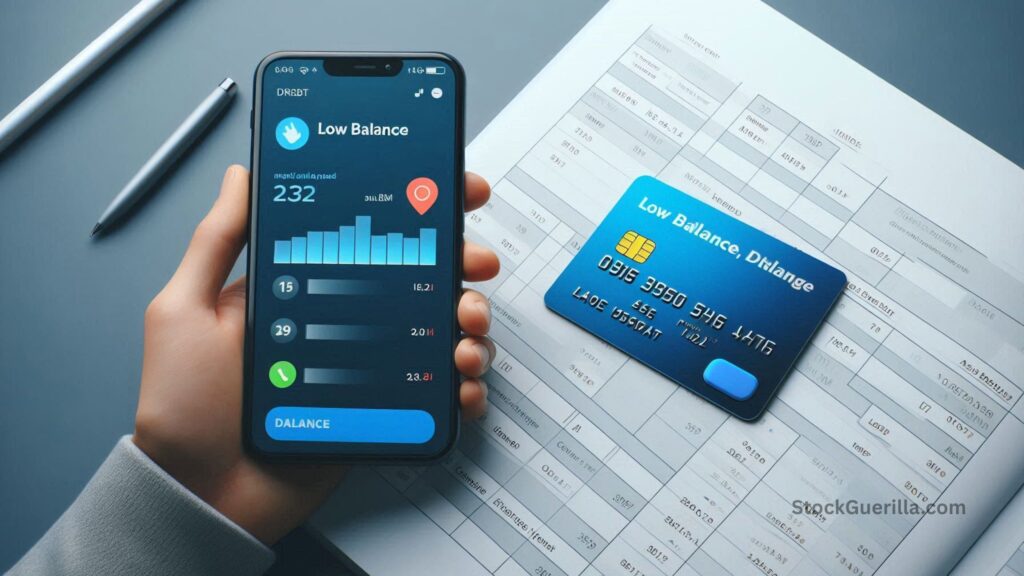How to Increase Your Credit Score Fast?
A healthy credit score is more than just a number—it’s a financial passport. Whether you want to buy a home, apply for a personal loan, or even get a new credit card, your credit score can either open doors or shut them. A higher score doesn’t just boost your chances of approval—it can also get you lower interest rates, saving you significant money in the long run.
In India, credit scores are usually provided by the Credit Information Bureau (India) Ltd. (CIBIL) and range between 300 and 900. Generally, a score of 700 or above is considered strong and trustworthy by lenders.
If your score isn’t where you’d like it to be, don’t worry. With smart financial habits, you can start improving it quickly. Below, we’ll cover 7 actionable ways to increase your credit score fast—plus additional insights, expert tips, and answers to common questions.
1. Pay Your Bills on Time
Your payment history is the single most important factor influencing your credit score. Even a single missed or late payment can leave a mark on your record for months. Lenders want reassurance that you’ll pay back borrowed money on time, and consistency builds that trust.

- Why it matters: Payment history accounts for nearly 35% of your credit score.
- Quick tip: Set up auto-pay mandates, digital reminders, or standing instructions with your bank so you never miss a due date.
👉 Even if you’ve had late payments in the past, focusing on timely payments for the next 12 months can significantly improve your score.

Also Read: What are the Most Promising Renewable Energy Stocks?
2. Start Building Credit Early
Credit history is like a financial resume—the earlier you start, the stronger it looks. Lenders rely on your repayment track record to judge reliability. Without this data, they may hesitate to extend credit.
- How to start:
- Take a low-limit credit card and use it responsibly.
- Buy small-ticket items (like a smartphone or appliance) on EMI and repay promptly.
- Become an authorized user on a trusted family member’s credit card.
⏳ It usually takes 6–12 months of consistent repayment to establish a noticeable credit history.
3. Keep Your Credit Usage Low
This factor is measured by your credit utilization ratio (CUR)—the percentage of your available credit that you’re actually using. Experts recommend keeping this below 30%.
- Example: If your credit card limit is ₹1,00,000, aim to use less than ₹30,000 at a time.
- Why it matters: A low CUR shows lenders you’re financially disciplined.
💡 Smart hacks:
- Request a higher credit limit (without increasing spending).
- Make two smaller payments per month instead of one big one.
- Set spending alerts to keep your usage in check.

4. Don’t Apply for Too Many Cards at Once
Each time you apply for a loan or credit card, lenders run a hard inquiry into your credit report. Too many hard inquiries within a short span can signal financial distress, pulling your score down.
- Better option: When comparing offers, ask banks for a “soft inquiry” or a quotation search instead of a full credit check.
- Pro tip: Apply only for credit cards or loans where you meet the eligibility criteria to avoid unnecessary rejections.
5. Check Your Credit Report for Errors
Even small mistakes—like outdated information, wrong loan entries, or identity mix-ups—can unfairly hurt your credit score. In India, four major credit bureaus maintain your credit data:
- CIBIL (TransUnion)
- Equifax
- Experian
- CRIF Highmark
✅ It’s wise to check your credit report at least once a year. If you spot an error:
- File a dispute directly with the bureau.
- The correction process usually takes up to 30 days.
Learn how to check your CIBIL report (official link).

6. Pay Off Credit Card Balances on Time
Credit cards can be a double-edged sword. While they help build credit, unpaid balances and interest can spiral out of control.
- Always pay at least the minimum due to avoid being marked overdue.
- Ideally, pay the full balance each month to avoid interest accumulation.
- If you can’t pay in full, clear it by the next cycle to limit damage.
Consistently paying off your balances proves financial responsibility and gives your score a solid boost.

Also Read: What is Value Investing and How to Implement it?
7. Clear Any Outstanding Debt
Lingering debt—whether personal loans, EMIs, or overdue cards—drags your score down.
- Actionable steps:
- Use the “snowball method” (start with the smallest debt) or the “avalanche method” (tackle high-interest loans first).
- Where possible, consider prepaying loans or foreclosing early—this demonstrates healthy repayment behavior.
Remember: lenders prefer borrowers who actively reduce liabilities, not just manage them.

How Long Does It Take to Rebuild Credit?
The timeline depends on how your score dropped:
- Minor late payments → Improvements can show in as little as 3–6 months.
- Major defaults or bankruptcy → It could take years to fully recover. Negative marks often remain for 7–10 years.
But the good news? With consistent positive behavior, most people see noticeable progress within 6–18 months.

Also Read: What are the Most Reliable Financial News Sources for Traders?
Moving Abroad? Transfer Your Credit with HSBC
If you’re relocating internationally, your Indian credit score usually won’t follow you. That means you may need to start building credit from scratch in your new country.
Exception: If you’re an HSBC Premier customer, the bank allows you to transfer your credit history from India to certain eligible countries. This can make it much easier to access credit in your new home. Availability depends on local banking rules, so check with HSBC before moving.
Conclusion
Improving your credit score isn’t an overnight fix, but with the right strategies—like paying bills on time, keeping utilization low, and reducing debt—you can see steady progress within months. Remember, your credit score is more than a number; it’s a financial tool that can save you money and open doors to opportunities.
✅ Start today: Check your credit report, fix errors, and commit to on-time payments. In just a few months, you’ll be on your way to a stronger financial future.
Frequently Asked Questions
Q1. What is a good CIBIL score in India?
A score of 700 and above is considered good, while 750+ is excellent
Q2. Can I increase my credit score in 30 days?
Yes, but improvements are usually modest. Paying down credit card balances, correcting errors, and making on-time payments can give you a quick bump.
Q3. Does checking my own credit report hurt my score?
No. Self-checks are “soft inquiries” and do not affect your credit score.
Q4. Should I close old credit cards?
Not always. Older accounts add to your credit history length, which is positive. Instead, keep them active with small purchases.
Q5. How often should I check my credit score?
At least once every 6 months—or before applying for a major loan like a mortgage.




Post Comment